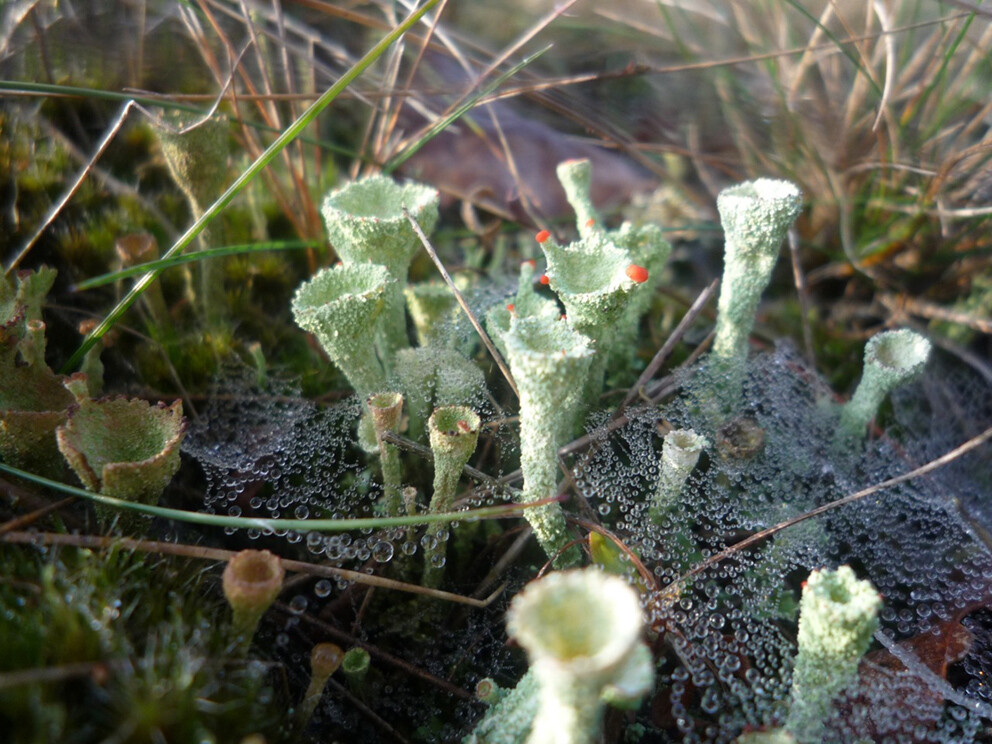Ecological Regeneration
The climate crisis and the degradation of ecosystems are the effects of an economic system that is aimed at generating short-term financial profit for private owners, and geared toward continuous economic growth. It understands other-than-human life as resources that can be put to use for this goal. This economic framework developed in tandem with modern culture and the predominant legal systems. They work from the same logic of distinction between the human world and ‘nature’; the world of other-than-human life. Humans call the shots, ‘nature’ is a collection of raw materials for human use, or at best a backdrop for human recreation. This has led to the current situation of rapid diminishing of the life sustaining capacity of our planet.
Recovering ecosystems – ecological regeneration – is essential to mitigate the climate catastrophe, and to allow the quality of life to flourish in the future. For this recovery to be possible, humans need to learn to work from an understanding of participation in ecosystems. Therefore, the interests of other-than-human life need to be more than a mostly poorly budgeted item on the agenda. They need to be actively represented in organisational decision-making and policy-making processes. The Zoöp approach underlines the necessity to move away from a human-centric worldview towards embracing a broader perspective that includes all life forms. This transformation aims to foster a circular, regenerative economy that is constituted by symbiotic relationships between human and other-than-human participants in the living world. We call this a zoönomy.
Rights of Nature and indigenous practices
The Zoöp model is inspired by the Rights of Nature developments, in particular by the recognition of Te Urewera forest, Mount Taranaki and Whanganui River as legal entities under the New Zealand law. The role of the Speaker for the Living is for an important part a translation to the European context of the way Maori Guardians may represent the forest, mountain or river as integral human members of their more-then-human ecosystems. The underlying values of the Zoöp model align with the notion of Pachamama in Quechua cultures of South-America. Pachamama is something like mother nature, or living world: a body in which all life particiates and that all life depends upon and contributes to. Pachamama is also acknowledged as a legal entity in the constitution of Ecuador.
How to act as member of ecosystems
Many individuals, collectives, organisations and governments are aware of the importance of ecological regeneration and of the need to work on transformation of our economic practices. The scale of the issues and the complexity of working from inside a system that itself needs to find a different footing make it very hard to give form to a practice that offers real alternatives. The Zoöp model offers organisations of any kind practical, actionable tools and methodologies that help them to understand themselves as members of larger ecosysems and help them to navigate a path towards supporting the ecosystems in which they participate. The Zoöp approach is based on a worldview in which humans can learn to build healthy ecosystems in collaboration with other species and offers a concrete, specific, realistic, measurable and achievable process to work towards ecological regeneration and the fostering of an economy that supports the planetary ecology.
